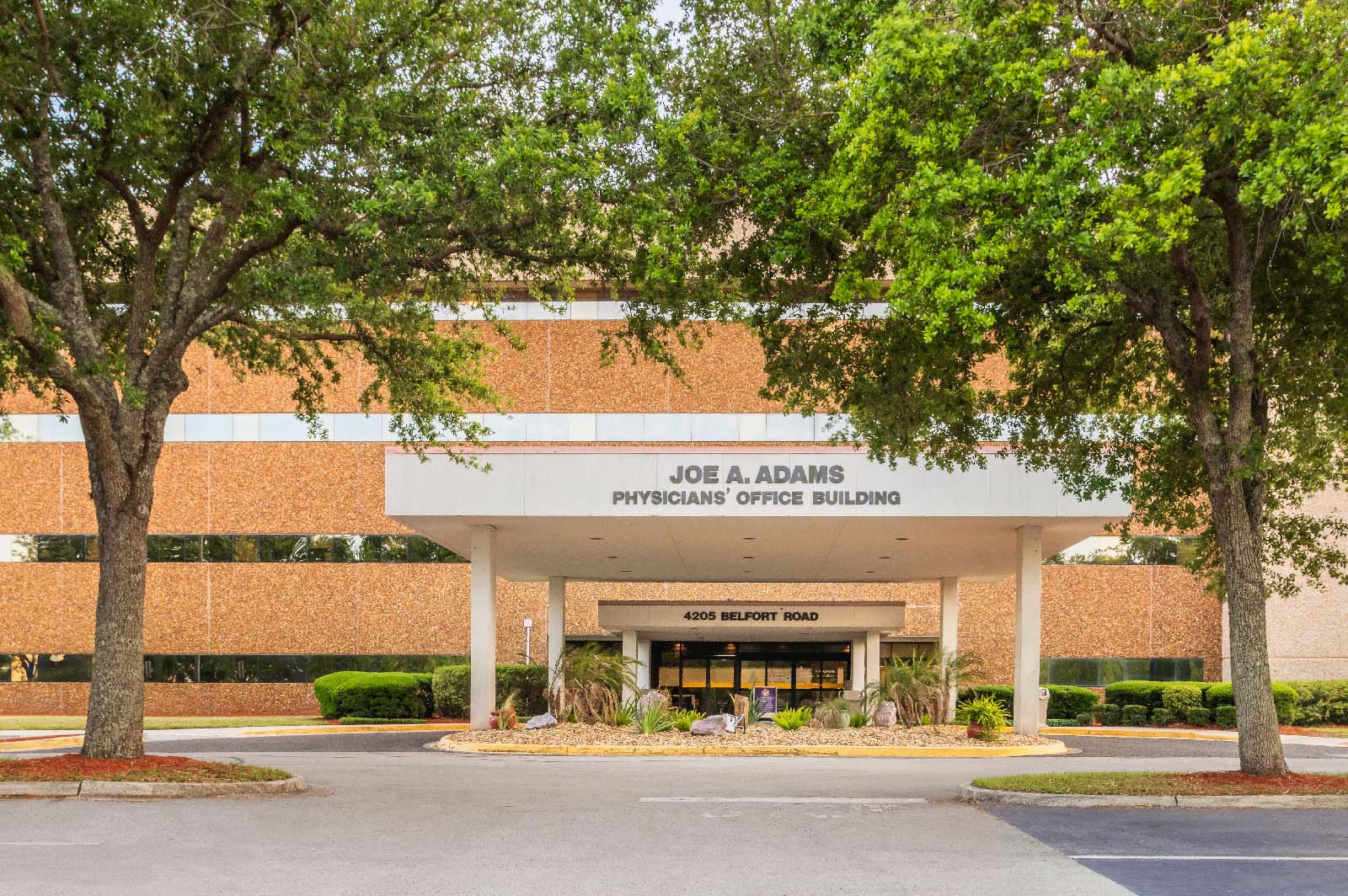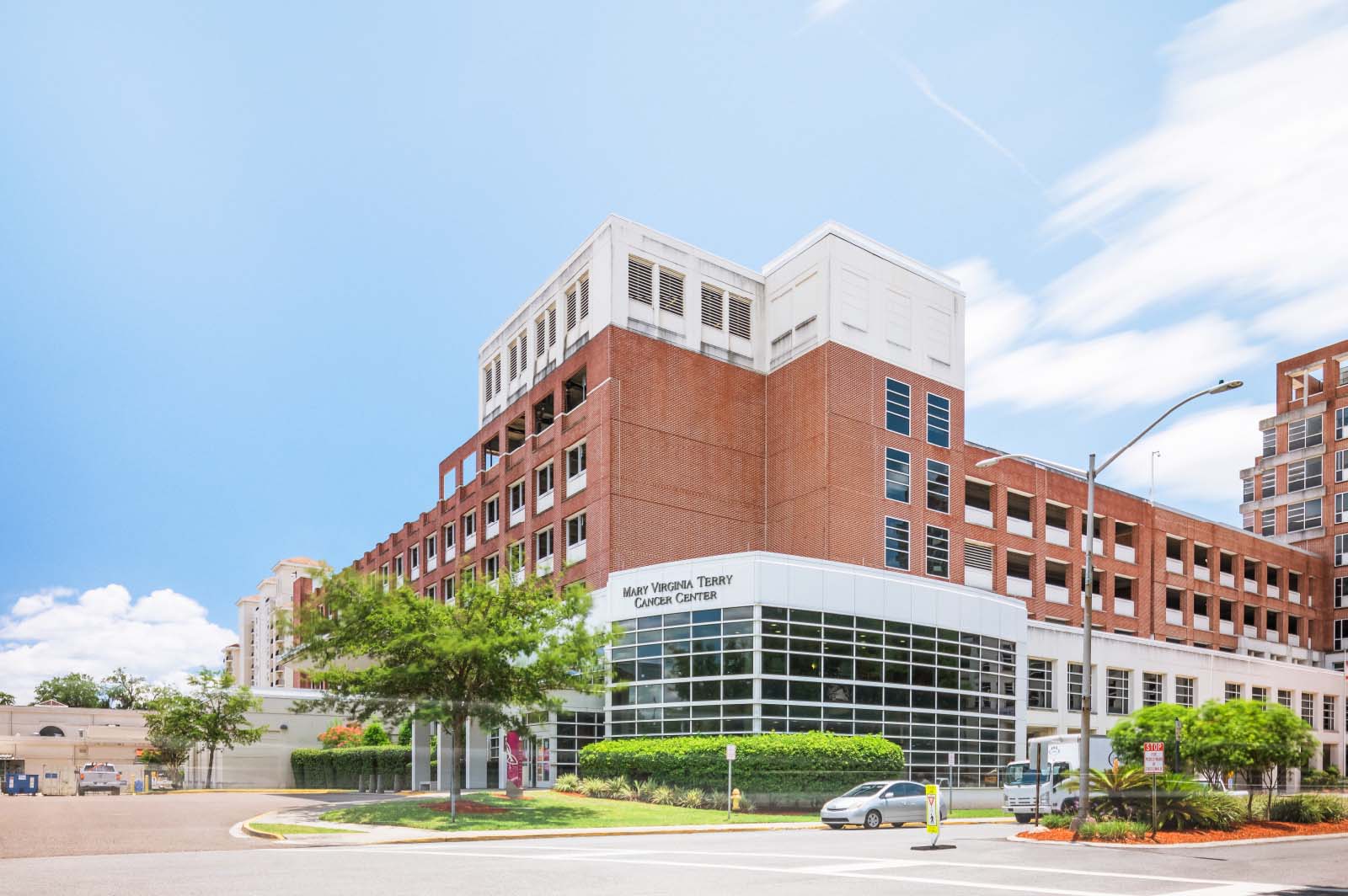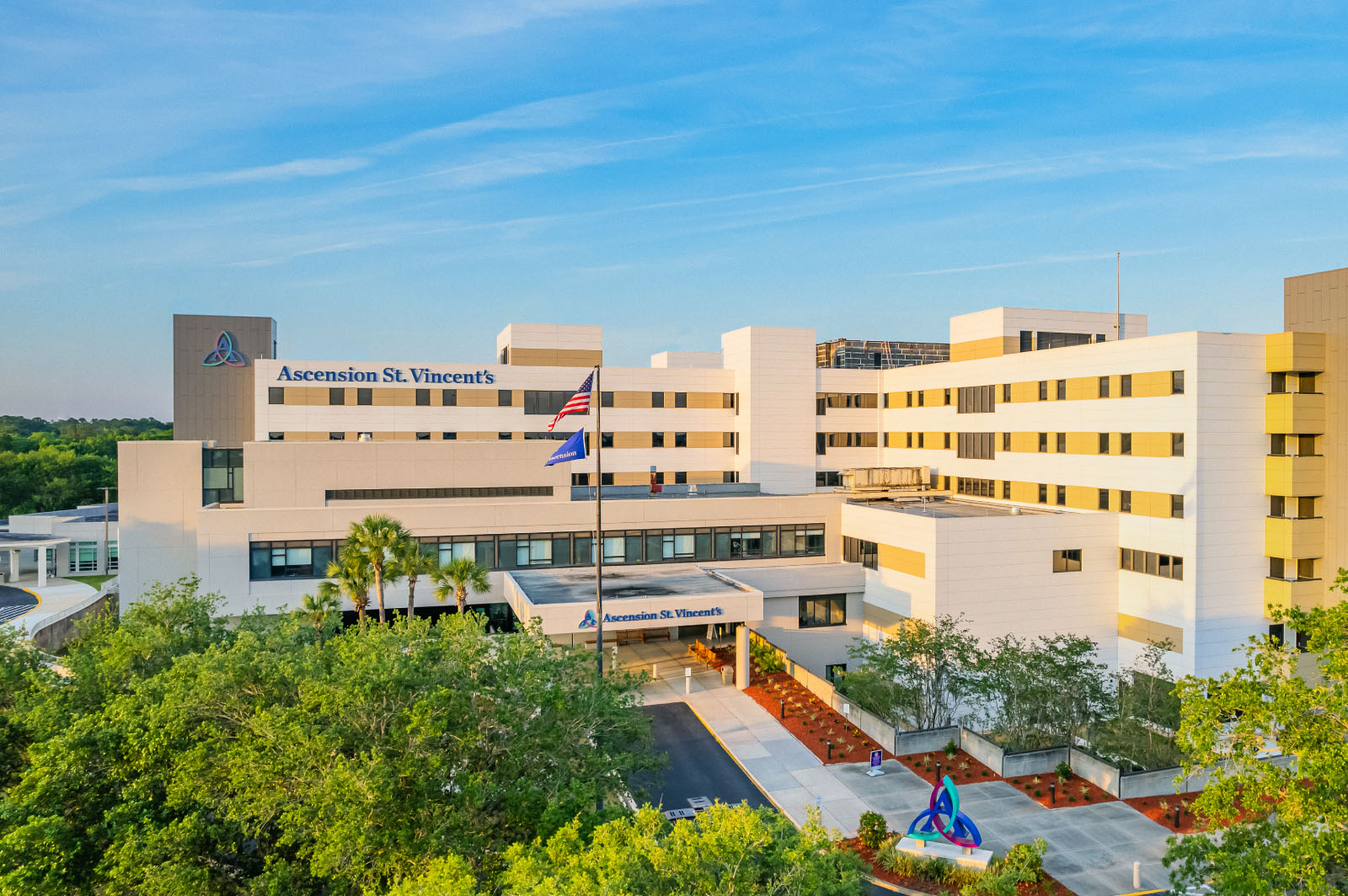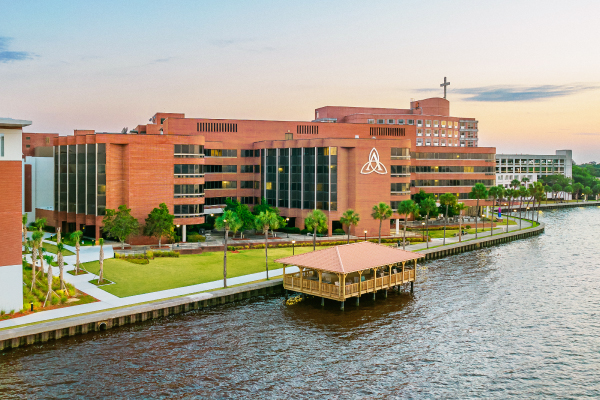
Choose a leader in heart surgery in Northern Florida
-
What does heart surgery do?
Heart surgery is a medical procedure that helps repair problems with your heart. Your doctor may recommend surgery to repair or replace coronary arteries and heart valves, implant medical devices to improve an irregular heartbeat or repair damaged structures in the heart. Transplant is offered at some Ascension sites of care. Our transplant surgeons may replace a damaged heart with a healthy heart from a donor. Whenever possible, our heart surgeons deliver advanced surgical care from minimally invasive procedures to open-heart surgery.
-
What are the different types of heart surgery?
Minimally invasive surgery, such as angioplasty, TAVR, MitraClip™, and stent placement, may be an option for your care. This type of surgery may mean a shorter recovery time and lower risk of infection. Sometimes your doctor may recommend open-heart surgery as the best option for your care plan. When you choose Ascension sites of care, your surgeons and care teams deliver a personalized surgical care plan. Your care from surgery to recovery and beyond is connected. Together, your team of doctors deliver advanced heart and vascular care to help improve your heart function.
Our cardiologists, heart surgeons and vascular specialists have expertise in the latest cardiovascular testing, treatments and procedures:
- Atrial fibrillation (AFib) ablation, cardioversion and WATCHMAN™
- Cardiac angioplasty and stent placement
- Heart valve replacement and repair (such as TAVR and MitraClip™)
- Implantable cardioverter-defibrillators (ICD)
- Open-heart surgery, such as coronary artery bypass grafting (CABG), maze AFib surgery, ventricular assist device (VAD) and heart transplantation
- Structural heart damage repair, including aneurysm repair
Talk to your doctor about heart surgery options that are right for you.
-
What is the most common heart surgery?
Coronary artery bypass grafting (CABG) is the most common type of heart surgery done nationwide. At our surgical centers and hospitals, your heart surgeon may recommend CABG as part of your surgical care plan. During the surgery, your surgeon replaces a clogged coronary artery by taking a healthy artery or vein from elsewhere in your body. That artery is connected to the heart muscle to bypass the clogged artery. CABG can be done on one to four arteries to help improve heart function.
-
What happens after heart surgery?
Recovery after heart surgery may be different for each person and type of surgery. Whenever possible, minimally invasive techniques may be used. Minimally invasive procedures may help shorten your recovery time and lower your risk of complications. For some conditions and types of surgeries, there may be a longer recovery. Some Ascension hospitals may have cardiac intensive care units and cardiac rehabilitation to support your care and recovery when needed. Talk with your doctor about your surgical care plan and ask questions about what you can expect and how to prepare for care at home and life after surgery.
-
Is heart catheterization an open-heart surgery?
Cardiac catheterization, also called cardiac angiogram, is a minimally invasive surgical procedure, not an open-heart surgery. To reach the heart, your interventional cardiologist inserts a thin, flexible tube through an artery in the groin, arm or neck. This tube allows your doctor to check for partial or total blockages in the artery. During an angiogram catheterization, your doctor can also measure blood pressure within the heart and evaluate the blood flow through your heart’s chambers.
-
How do I find a heart surgeon near me?
When you are facing a serious diagnosis or deciding on a surgical treatment plan, there is a lot to think about. If you are looking for a second opinion for advanced heart care, talk with one of our heart surgeons. Minimally invasive or open-heart surgery may be recommended as part of your care plan. Find a cardiothoracic surgeon.



